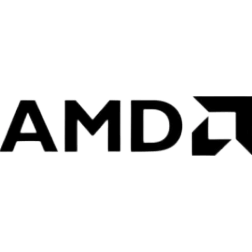
This section outlines the key features of the graphics card AMD Radeon RX 580.
Specifications for onboard video memory, including type (e.g., GDDR6), capacity, and bandwidth. Higher capacity and bandwidth contribute to improved gaming and rendering performance.
Information on the base and boost clock speeds of the graphics card, which directly affect its performance in gaming and rendering applications. AMD Radeon RX 580.
Details on the thermal design power (TDP) of the graphics card, including the maximum thermal output under standard and overclocked conditions, guiding the selection of cooling solutions.
An overview of the hardware capabilities of the graphics card, including support for technologies like ray tracing, DLSS, and Vulkan, which enhance graphical fidelity and performance.
Support for various video codecs, such as H.264, HEVC, and VP9, which enhance video playback and streaming capabilities by offloading tasks from the CPU.
Positions communes AMD Radeon RX 580 GPU dans des benchmarks populaires, pour comparaison avec d'autres modèles.
Evaluate the performance scores from various benchmark tests for AMD Radeon RX 580 in comparison with other graphics cards to gain insights into the GPU's real-world speed during content processing.
Benchmarks encompass tasks such as floating point calculations, 3D model creation, and cryptocurrency mining.
Similaire dans les données techniques des cartes graphiques avec AMD Radeon RX 580.
*
Base Clock - the guaranteed speed specified by the manufacturer, reflecting the cooling and binning standards for which the GPU is factory-tested.
Boost Clock - the theoretical minimum speed achievable when overclocking the graphics card, taking into account cooling and binning considerations.